News
-
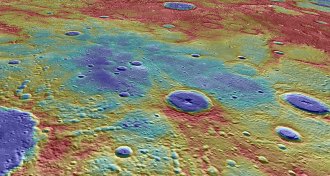 Planetary Science
Planetary ScienceOrigin date established for Mercury’s magnetic field
A 3.8-billion-year-old magnetic field on Mercury provides clues as to how the once volcanically active planet evolved.
-
 Health & Medicine
Health & MedicineKids who have had measles are at higher risk of fatal infections
Measles infection leaves kids vulnerable to other infectious diseases for much longer than scientists suspected.
By Meghan Rosen -
 Psychology
PsychologyOn Facebook, you control the slant of the news you choose
Facebook users shield themselves from opposing political ideas more than the site does.
By Bruce Bower -
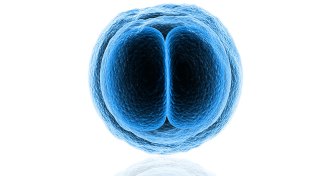 Genetics
GeneticsEditing human germline cells sparks ethics debate
Human gene editing experiments raise scientific and societal questions.
-
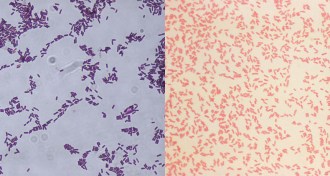 Chemistry
ChemistryBacteria staining method has long been misexplained
New research upends what scientists know about a classic lab technique, called gram staining, used for more than a century to characterized and classify bacteria.
By Beth Mole -
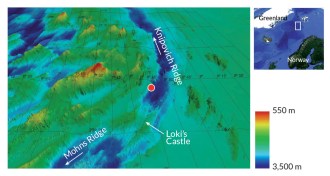 Microbes
MicrobesPossible nearest living relatives to complex life found in seafloor mud
New phylum of sea-bottom archaea microbes could be closest living relatives yet found to the eukaryote domain of complex life that includes people.
By Susan Milius -
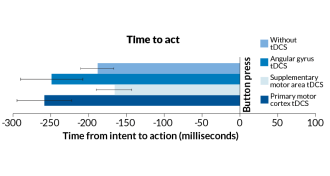 Neuroscience
NeuroscienceStimulating nerve cells stretches time between thinking, doing
A head zap can stretch the time between intention and action.
-
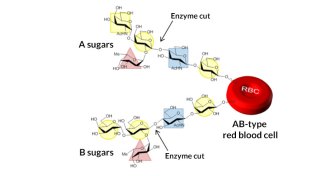 Chemistry
ChemistrySugar-cleaving molecule raises hope for universal blood
An engineered enzyme can quickly slice and dice some A and B markers from blood cells, bringing researchers closer to creating universal blood.
By Beth Mole -
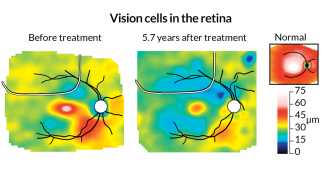 Genetics
GeneticsGene therapy for blindness dims a bit
Gene therapy improves vision temporarily but can’t save sight.
-
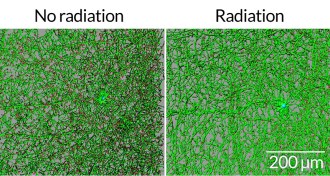 Neuroscience
NeuroscienceZipping to Mars could badly zap brain nerve cells
Charged particles like the ones astronauts might encounter wallop the brain, mouse study suggests.
-
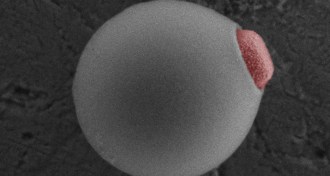 Physics
PhysicsTiny particles propel themselves upstream
Light-activated, human-made particles can align themselves with the flow of a fluid and swim upstream.
-
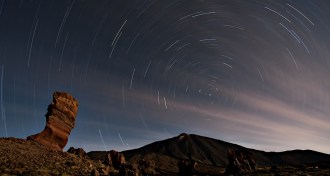 Physics
PhysicsExplanation for G’s imprecision stumbles
A surprising new result seems to suggest that subtle changes in Earth’s rotation rate could account for physicists’ difficulty in measuring Newton’s gravitational constant. But some confusion with dates appears to derail the finding.
By Andrew Grant